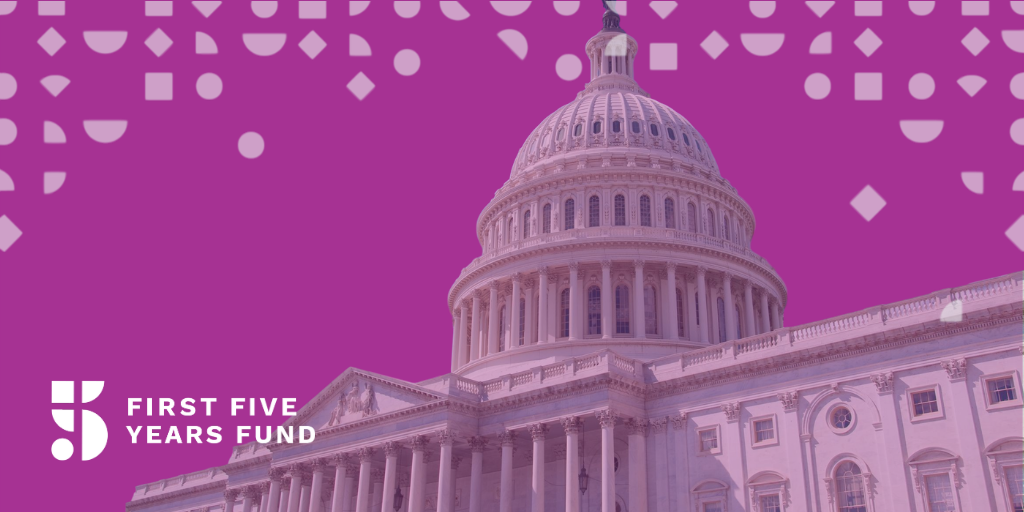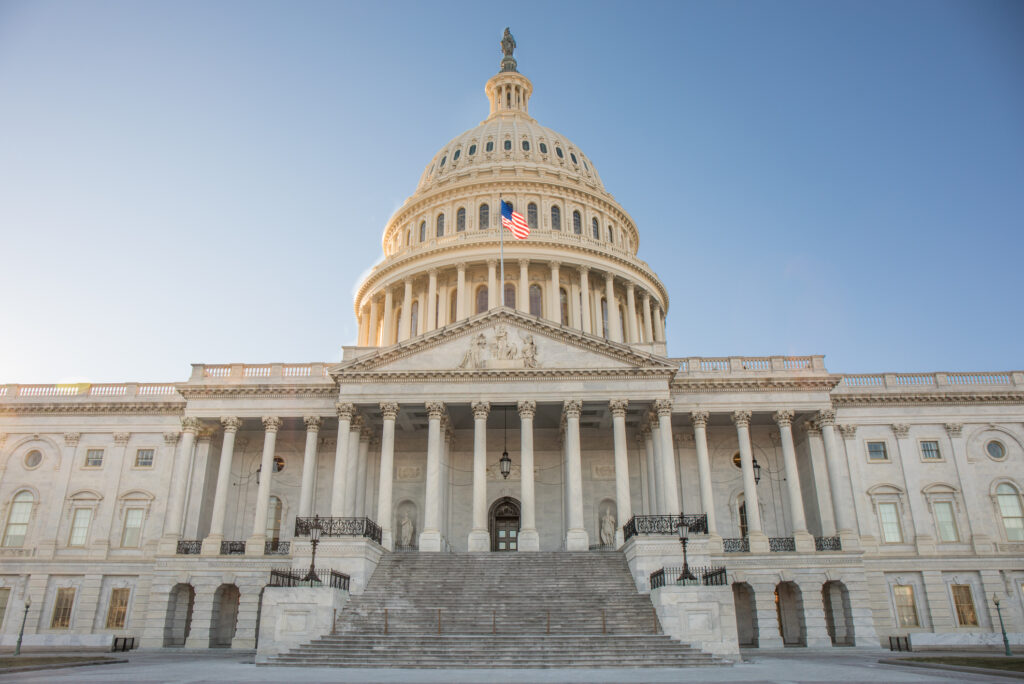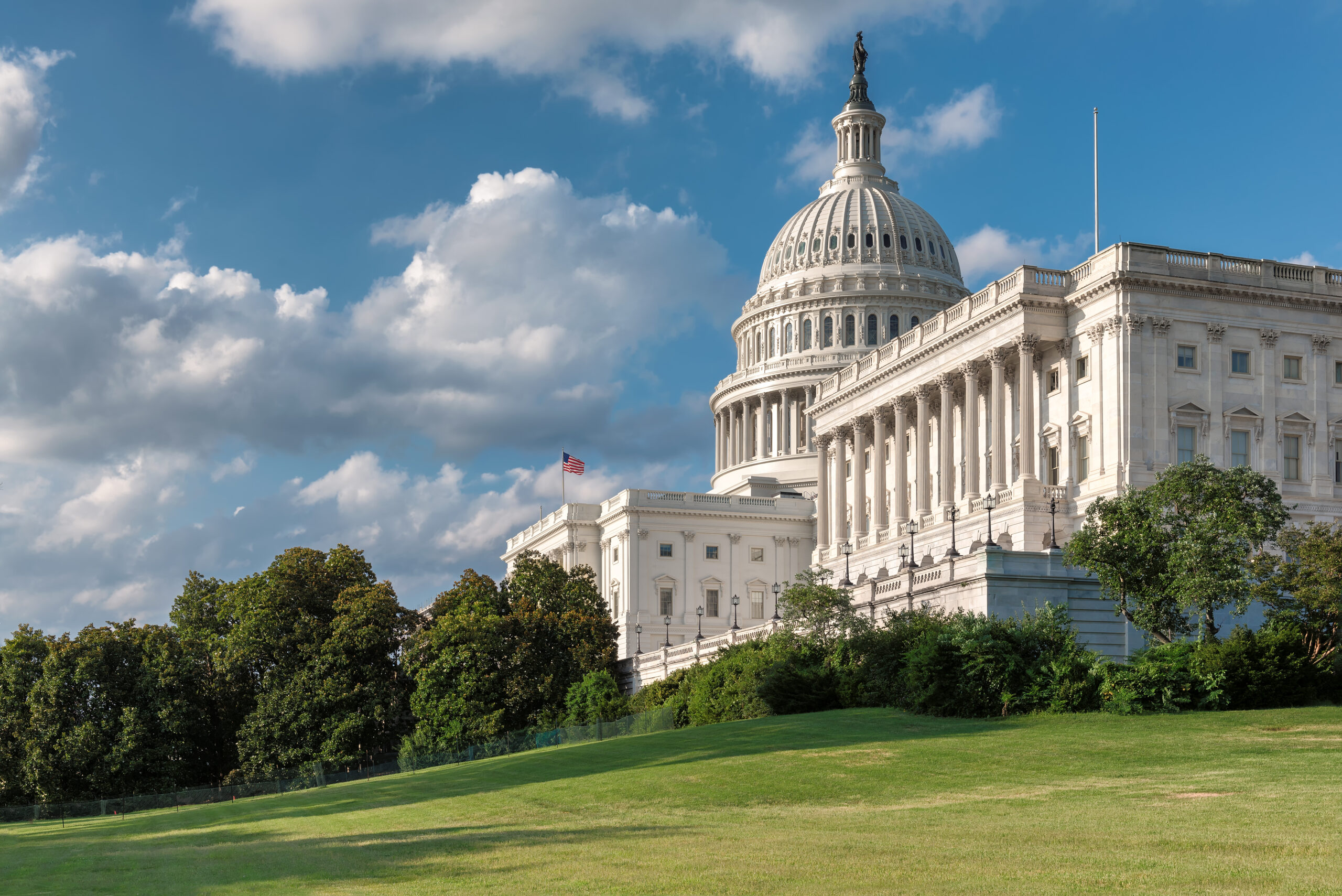As Congress Crafts Jobs and Infrastructure Package, Ways and Means Chairman Richard Neal Unveils Historic Investment in Child Care and Early Learning

WASHINGTON – Today, House Ways and Means Committee Chairman Richard Neal (D-MA) unveiled the Building an Economy for Families Act, a bill with a variety of provisions aimed at greatly expanding access to high-quality child care and early learning opportunities for working families who need it by increasing mandatory funding for the Child Care Entitlement to States program to $10 billion per year and making permanent the recent expansion of the Child and Dependent Care Tax Credit (CDCTC) and the Child Tax Credit (CTC) under the American Rescue Plan.
“The Building an Economy for Families Act would provide essential supports to expand high-quality, affordable child care for millions of working parents. We need sustainable and innovative solutions like those outlined in this bill to address our nation’s longstanding child care crisis and get our country on track for a full economic recovery after this pandemic,” said First Five Years Fund Executive Director Sarah Rittling. “We are grateful to Chairman Neal and to the many child care & early learning champions in Congress who are working to build a stronger, more equitable child care system that works for all families who need it. FFYF looks forward to working with the Committee in their efforts to support parents and their young children.”
Specific provisions in the Building an Economy for Families Act that relate to child care and supports for families with young children include:
- Paid family and medical leave for all U.S. workers;
- $10 billion in increased funds for the Child Care Entitlement to States program and indexes the funds to grow with inflation and child population;
- The establishment of a Child Care Information Network (CCIN) for parents and caregivers to access frequently updated information about available child care slots that meet their needs in their communities;
- A new refundable payroll tax credit for child care providers to raise wages of essential child care workers;
- A permanent extension of the American Rescue Plan’s historic expansions of the Child Tax Credit (CTC), Child and Dependent Care Tax Credit (CDCTC) and Earned Income Tax Credit (EITC);
- CTC providing $3,000 ($3,600 for young children) per child, fully refundable and payable monthly;
- CDCTC made fully refundable while providing up to $8,000 for qualifying child care expenses of up to $16,000; and
- EITC provides nearly triple the maximum credit for workers without dependents, and includes an important provision to preserve the value of the EITC in the event of income shocks.
- A $15 billion investment in the physical infrastructure of child care facilities.
Mandatory Child Care Entitlement to States (CCES) funding is consolidated with the discretionary funds appropriated by Congress for the Child Care and Development Block Grant (CCDBG) program under the Child Care and Development Fund (CCDF), which serves as a unified federal child care funding stream to states. CCDF is administered by the Office of Child Care within the Department of Health and Human Services.
Addressing the nation’s long standing child care challenges will be integral to the success of any major investment in infrastructure, America’s economic recovery, and our long-term economic success. Even before the pandemic, most parents struggled to find quality, affordable child care, with child care costs increasing by 25% in the last decade. Half of Americans were living in a child care desert, with 1 licensed child care slot for every 3 children under the age of 5. For those families who could find quality child care, the costs were often prohibitive, with most families spending upwards of $13,000 per year per child, on average. Meanwhile, breakdowns in child care cost businesses an estimated $3 billion a year, according to the U.S. Chamber of Commerce. What’s more, roughly 2 out of 3 moms with children under age 5 worked outside of the home before the pandemic wreaked havoc on women’s labor participation. Access to child care will be critical to women’s ability to re-enter the workforce.
In a letter sent earlier this month outlining his plans to support child care providers, working families, and children, Chairman Neal wrote, “[I]t is my intent that we will also begin our work to remove hidden barriers to workforce participation caused by the inadequacy of our caring infrastructure. Both our failing physical infrastructure and the impossible choices we impose on caregivers put our nation at a competitive disadvantage. If it is the road that gets you to work, it is the child care that gets you through the day, and workers are counting on these supports.
“Child care needs to be a guarantee, not an expensive hassle that drives parents out of the workforce or makes them choose between wages and family. We will make it easier for people to find the care that fits their specific needs. And we will put an end to a structure that depends on the exploitation of child care workers to make child care affordable, and increase wages for the essential workers helping raise the next generation.”
Later this week, President Biden is expected to unveil the American Families Plan, which seeks to build up a strong child care and early learning system in America by investing a reported $225 billion to address child care needs of families and providers, $220 billion to expand prekindergarten instruction, and an extension of improvements made to the Child and Dependent Care Tax Credit through the American Rescue Plan, among other proposals to help working parents and young children. Last month, President Biden released an infrastructure proposal, which, alongside investments in highways and bridges, water systems and electrical grids, includes $25 billion to upgrade child care facilities and expands a tax credit for businesses to provide child care to employees.
Additionally, Senator Patty Murray (D-WA) and Congressman Bobby Scott (D-VA) recently re-introduced the Child Care for Working Families Act, which would ensure that no low- or middle-income family spends more than 7% of their income on child care, address longstanding challenges for early childhood educators, including low wages, and would invest in increasing the supply of quality child care in communities, while making other important quality improvements to existing programs. It is estimated that the bill would create at least 2.3 million jobs: 700,000 in the early education profession and 1.6 million parents returning to the labor force as a direct result of greater access to child care, according to U.S. Bureau of Labor Statistics data. First Five Years Fund (FFYF) endorses this legislation.
Underscoring the bipartisan nature of addressing the nation’s long standing child care challenges, FFYF’s national polling shows overwhelming support among Republican and Democratic voters nationally and in key electoral swing states for a wide range of federal early learning and care policy proposals, including increased federal funding for child care, expanded access to preschool, and child care tax credits for working parents. This indicates huge electoral advantages and virtually no political downside for lawmakers to support many of the policies included in this legislation.
Earlier this year, FFYF released its Blueprint for Progress, offering Congress and the Biden administration insight into opportunities, big and small, to support early learning and care programs for children from birth through age five. The sweeping resource provides a true blueprint for lawmakers with policy proposals to address access, affordability, and quality in child care and early learning, outlining wide-ranging solutions that fit squarely into the various legislative vehicles Congress might pursue, from infrastructure, to tax reform, to annual funding bills, to budget reconciliation, and more. The Blueprint is online at FFYF.org/Blueprint.
The First Five Years Fund is the leading bipartisan federal advocacy organization working to ensure all children from birth through age five have equal access to affordable, comprehensive, high-quality care and education to support their healthy development and help them achieve their full potential in school and life. FFYF seeks to expand federal support for all early learning and care opportunities that are high-quality and focused first on serving those children most-at-risk. http://www.ffyf.org
Subscribe to FFYF First Look
Every morning, FFYF reports on the latest child care & early learning news from across the country. Subscribe and take 5 minutes to know what's happening in early childhood education.



